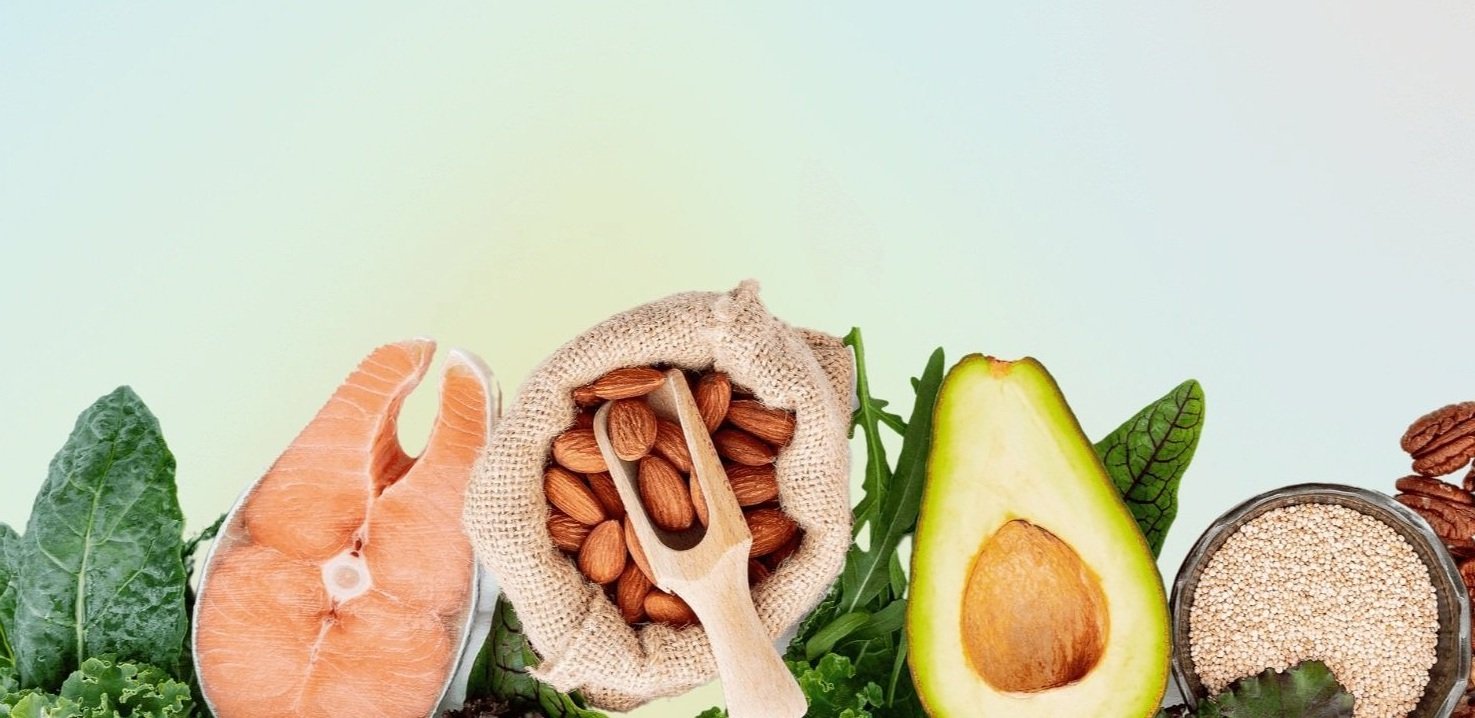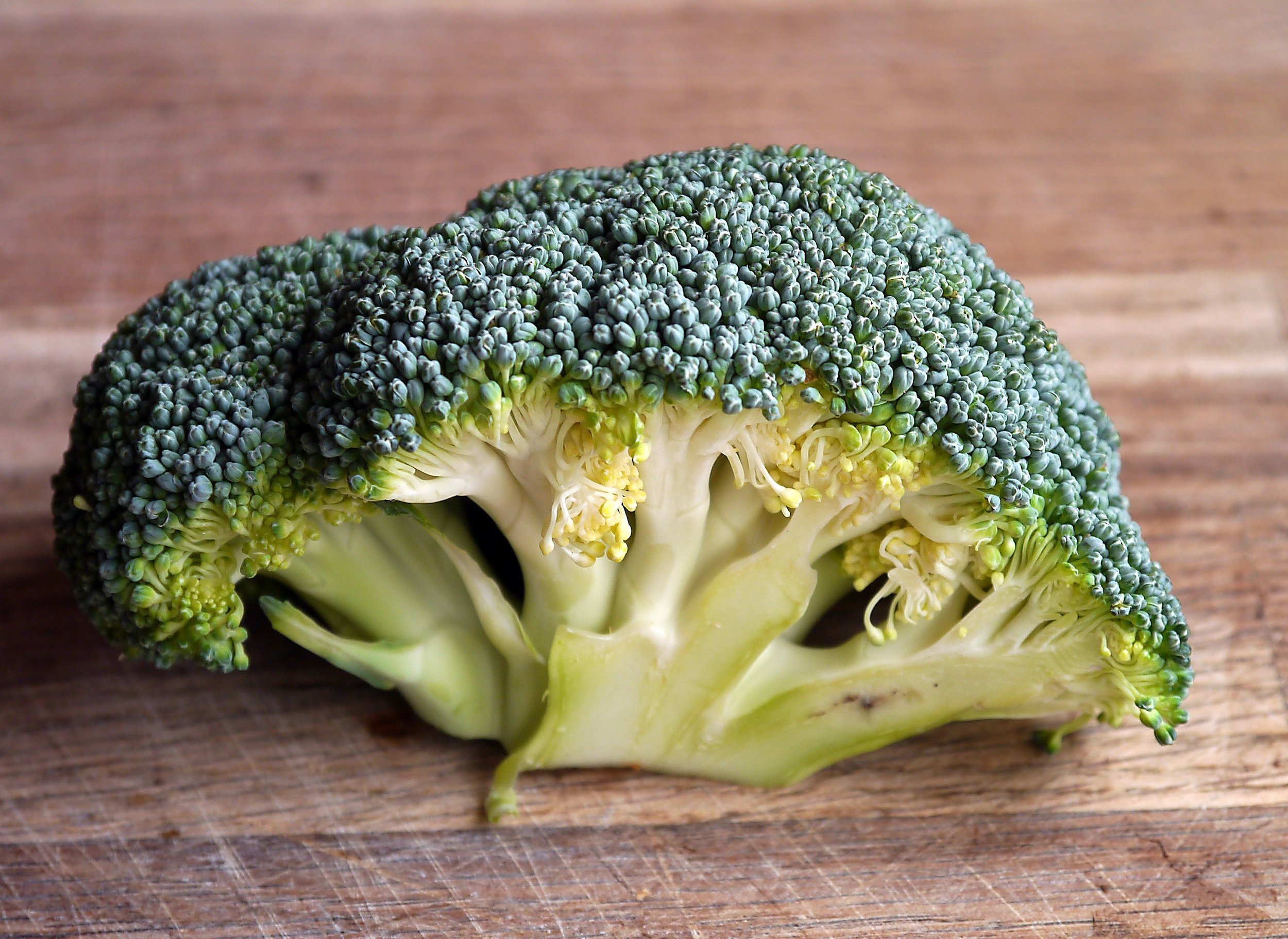
ME/CFS and Fibromyalgia: Chronic Inflammatory Conditions
ME/CFS and Fibromyalgia are both characterized by inflammation. A body of literature is available to support these findings. Let’s make sense of inflammation from a lay perspective.
A CFS Story, Part II
I am entering my second decade with ME/CFS. The condition in my 30’s feels vastly different than in my 20’s. Find out what has helped me control the condition in each decade.
The Skinny on the Autoimmune (AIP) Diet
More studies point to the autoimmune Paleo diet as a reasonable, safe option for those dealing with autoimmunity.
Alpha-Gal Allergy
Allergy to red meat? It’s real, it’s hard to determine, and it can be life threatening.
Sulforaphane: Broccoli's Secret Weapon
With over 500 publications, what we know about broccoli might change your dinner plate. Beats bacteria, raises glutathione levels, reduces inflammatory cytokines, and more…
A Checklist for Severe ME/CFS
ME/CFS is not caused by deconditioning. However, those that are bed ridden or mostly immobile due to illness incur severe challenges compared to less severe cases.
All About Small Intestinal Bowel Overgrowth (SIBO)
Overgrowth of bacteria in the small intestine can essentially “crowd-out” normal digestive processes at the intestinal surface leading to carbohydrate and protein malabsorption. Find out who is at risk of SIBO, how to test for it, and what to do to treat it.
A Low FODMAP Diet for Gut Health
ME/CFS patients have rates of IBS higher than the general public. A low FODMAP diet is the best supported diet to improve the condition.
Strategies to Counter Muscle Loss in Severe ME/CFS Patients
The detrimental effects of immobility on the whole person cannot be understated. Bed rest can prevent ME/CFS improvement. This post looks at the effects of immobility with a focus on muscle.
Garlic for Gut Health
Love it or hate it, garlic is not to be ignored in the kitchen. Used for millennium for medical purposes, the culinary gem is extensively studied for immunity and antimicrobial properties.
The Importance of Natural Light for ME/CFS Patients
Home confinement limits access to natural light. Lack of sunlight leads to far more than vitamin D deficiency. Light therapy is essential.
Oxygen Therapy and Breathing Techniques for Severe ME/CFS
Bed rest can decrease lung volumes and reduce blood oxygenation, resulting in hypoxia. Even mild hypoxia can change the heart rate, increase stress hormones, cause cognitive deficits, and more. Medical and alternative respiratory treatments may help
Cannabidiol (CBD) for Fibromylagia Pain
The U.S. cannabis oil market has also exploded to a cool $950 million. But how effective is it for pain relief?
Updated Approach to Fasting
The field of fasting science is rapidly expanding. With new evidence, find out how to refine and optimize your strategy.
Are You Histamine Intolerant?
If you have headaches, nasal congestion, low blood pressure, heart palpitations, hives, itching, or digestive distress, you may be histamine intolerant.
When diets work, and when they don't
Tried all the popular dietary approaches purported to improve health in others but still not improving? It is unlikely you’re doing it wrong but there are caveats.
Protein for Severe ME/CFS: Prevent Muscle Loss & Boost Recovery
If you have ME/CFS, chances are you’re not eating enough protein. The loss of lean mass in a bed bound patient can be 100-200 grams/week, with the effects most pronounced in the first few weeks.
Candida Got Your Tongue? A Fresh Look at Oral Health and the Microbiome
Gut health and dysbiosis talk are currently all the rage but remember that the gastrointestinal tract begins in the mouth. For years I was plagued with poor dental health. All I needed was a new toothpaste.
Curcumin: A Natural Ally for Fatigue and Inflammation
Curcumin has a long history of use in Ayruvedic medicine for maintaining a healthy inflammatory response. Regular curcumin supplementation relieves brain fog, pain, allodynia, and fatigue.
An Anti-Inflammatory Diet for Fatigue and Pain
What is an anti-inflammatory diet really? Learn the foods to routinely include in your diet to reduce inflammation and the laboratory tests to measure your progress.



















